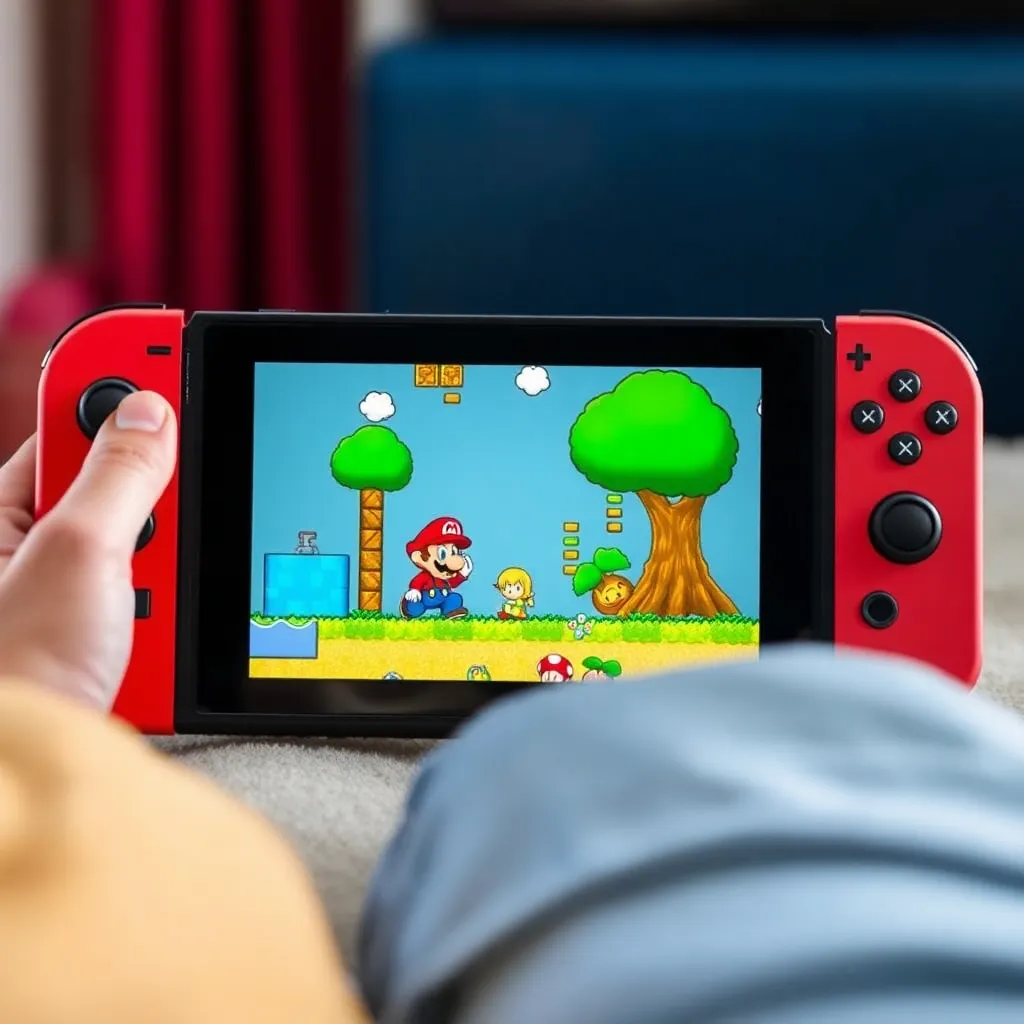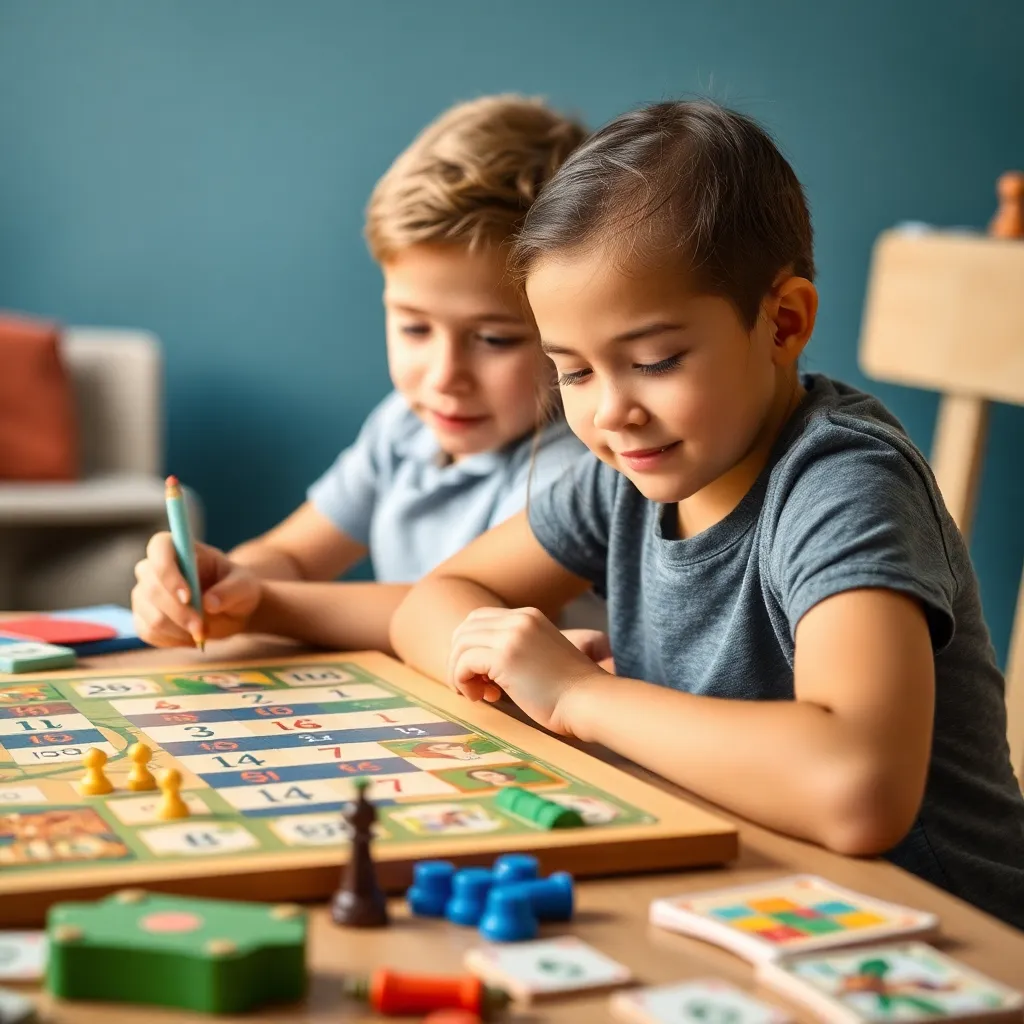Answer | Board games, contrary to what most people think, are not a break to kill boredom but rather learn practical and precious lessons that make them worth playing. To parents, for example, some of these games develop the all-important attribute of patience. After all, board games require strategy and cooperation and draw out high levels of communication and, more importantly, the ability to remain calm under pressure or uncertainty.
In this article, we will discuss a few of the best board games that not only entertain but also teach parents the art of patience. Playing with family, friends, or even oneself will improve these for improving one’s patience level, develop strategic thinking, and manage frustration.
1. Chess
Chess is one of the oldest and most highly recognized board games in the world. It is the perfect test for patience and strategic thinking. For parents, playing chess can be an exercise in delayed gratification. Every move requires consideration, and winning often depends on thinking several steps ahead in each turn. It’s easy to feel impatient about somebody taking their time to make a move, but part of the game’s appeal is learning to use that time to think over their strategy again and prepare for possible different outcomes.
Chess is a great game for parents in that it teaches children the merits of waiting for the right moment to act. It is often in this very situation that the parental impulse reaction could lead to less-than-optimal results, and chess is a structured way of learning to exercise self-control. In chess, patience is identified as the understanding of gaining success from deliberate decisions rather than action.
It also teaches one to plan in the long term, as that is usually the mindset in parenting. Parenting does not come without a prima facie knowledge of what your child will need and face at different ages. Similarly, when playing chess, one needs to prepare their moves before the game and change plans according to the opponent’s moves.
2. Monopoly
It is one of those games that a player can test one’s patience to its limits. The game is long and requires careful management over money, negotiations with others, and, at times, a willingness to lose a turn or two. It is for this reason that Monopoly is an excellent exercise in patience for parents because the game oscillates between frustration (like when you land on someone else’s hotel) and victory (like collecting rent on a well-placed set of properties).
The game teaches patience in several ways. For instance, the accumulation of wealth and properties is a gradual process, while the temptation of spending money impulsively on flashy purchases could lead to financial ruin later on in the game. Parents who play Monopoly can learn the value of long-term investment, a fact that mirrors the real-life patience required in managing family finances or saving for their children’s future needs.
In addition, Monopoly may involve pretty tough or unlucky circumstances for players, from bankruptcy to landing in jail. This might teach parents the ability to stay calm and composed when things go wrong – something very important for dealing with the unpredictable world of parenting.
3. Pandemic
Unlike most competitive board games, Pandemic is a cooperative game. That is, instead of trying to save the world from global outbreaks of disease, players save the world. It is an endeavor in which the cooperative nature of the game is far more than worth it for parents because it teaches them to be patient with not only the game but with other players as well. Everyone must communicate, strategize, and collaborate to win, which makes the game often move at a slower pace to accommodate their discussion and decision-making.
In this game, the Pandemic tests one’s patience by slowly increasing its level of difficulty. The citizens will usually get infected as the diseases spread, challenging one to think ahead and give a lot of thought before making any move. Quick or impulsive decisions can easily mean disaster, so one must not lose their cool. This is a very educative game by which parents can also try teaching patience in trying situations by drawing parables from reality.
The pandemic also teaches parents the importance of support for one another, as success depends on the collective effort of the team. Being patient in family life often means waiting for others to catch up, learning how to work through problems, and that not everything can be solved at this time.
4. Ticket to Ride
This is one of the most fun-strategical games, in which one builds train routes on a map. While pretty competitive, it becomes an exercise in planning and patience. For players, there are decisions to be made on when to claim routes, gather resources, and fulfill destination cards. Because completing routes quickly can mean mistakes, missed opportunities, or blocked paths, patience becomes a critical skill for success.
To the parents, Ticket to Ride is an activity that teaches strategic thinking in a non-rushed manner. The game proves that planning has to be done carefully because creating the longest and most efficient train routes demands setting up or anticipating and good timing. A player has to learn not to get impatient, waiting for the right cards or routes to pop open, this teaching of patience pays with long-term benefits.
Moreover, it teaches parents how to step back and mitigate the situation. Sometimes, another player will block a route or claim a key section of the map, which might frustrate your child. However, learning to adapt to these challenges with calmness mirrors the resilience required in parenting since things are unlikely to go as expected.
5. Catan (Settlers of Catan)
In Catan, players collect resources to build settlements, cities, and roads; however, games will often progress with great strategy and patience as resource acquisition may be slow, and interaction with other players is necessary to win. Players who rush to build without adequate planning will end up without certain resources, mandating a slower, more deliberate approach to playing the game.
For parents, Catan is an excellent way to practice delayed gratification and long-term planning. Parenting, the outcomes of which often come long after the initial efforts- good parenting of a responsible child, for example- requires time to show up in their fruit. The same thing applies to Catan. Success does not manifest overnight. Players should take resources, plan and settle well and keep patience as he or she works towards the goal.
Catan also teaches negotiation and diplomacy because winning depends on successful trading by players. The game requires patience because impulsive trades or emotional reactions from one or both parties could lead to some bad choices. This is a good chance for parents to be able to communicate calmly and wait for just the right moment.
6. Carcassonne
Carcassonne is a tile-placement game in which the players construct cities, roads, and fields in medieval France. Its beauty lies in its simplicity. Yet, in each tile drawn, strategic thinking and patience are needed to place it in just the right place at the right moment, which would define when and where to put those meeples.
For parents, Carcassonne will naturally be a lesson in patience, one that is both gentle and effective, because those tiles may only fall at a certain point in the game to complete the cities or roads that players aim to build. Waiting is often frustrating, especially when other players seem to finish their areas more swiftly. But to be patient and make the best of each tile means that it is satisfying to come out victorious.
The game also teaches parents the value of incremental progress. There’s a way in which raising children teaches you to celebrate small, progressive movements. You end up winning the game only when you place every single tile, but that is much like raising children: Constant, small efforts can eventually produce long-term success. Appreciating those small steps teaches you to be more patient and measured in real life.
7. Scrabble
Scrabble is a word game in which one uses letter tiles to form words on a game board. While often competitive, the game also calls for the waiting around for the perfect letters to form some high-scoring words. It rewards those thinking strategically and patiently waiting for the right moment to use those high-value letters.
Patience can be practiced through playing Scrabble if parents do not use their letters but wait for better opportunities where they can form longer, hence, higher-scoring words. This waiting period proves to be an excellent teaching time for them to learn that waiting for the right moment would pay off in greater rewards in the long run.
Scrabble encourages patience further in communication and understanding. Children are made to accept that not every round will favor them, and sometimes the opponents will form a better word. Calming and graciously accepting defeat can help parents with such situations regarding their children.
8. Azul
In Azul, players draft colorful tiles turn by turn to complete beautiful patterns on their boards. The game develops strategic depth but uses simple mechanics, therefore, making the game easy to learn but difficult to master. One thing that makes Azul a lesson in patience is its careful move-to-move pacing. Very carefully planned tile placement while waiting for just the right colors to become available can make all the difference.
The lesson from Azul is also patience, not just short-term but long-term patience for the parents. It’s hard to wait for the perfect tile that will complete a pattern. Even if you are waiting for the perfect tile, competitors are trying to get the same resources. Learning to stay calm and think ahead will make them have a more successful and pleasant game.
Azul also highlights the fact that sometimes success comes as a result of actions that seem small but are deliberate. As raising a child, whereby one’s small and constant efforts made in the long run lead to growth and development, Azul will want the player to take careful steps toward the final goal.
Conclusion
Board games can be a fun way for parents to hone the art of patience. Chess may require much foresight, while Catan requires lots of planning; in the Pandemic, people need time to plan and, often, play it cool at the same time.
Board games can teach patience, and this patience will be useful in real life as the parent will most importantly stay calm during trying moments, plan for the long term, and face tough conditions with their children. These games offer so much fun while providing opportunities for bonding. They also help polish a critical skill to which parents can relate both within and outside of the game.

